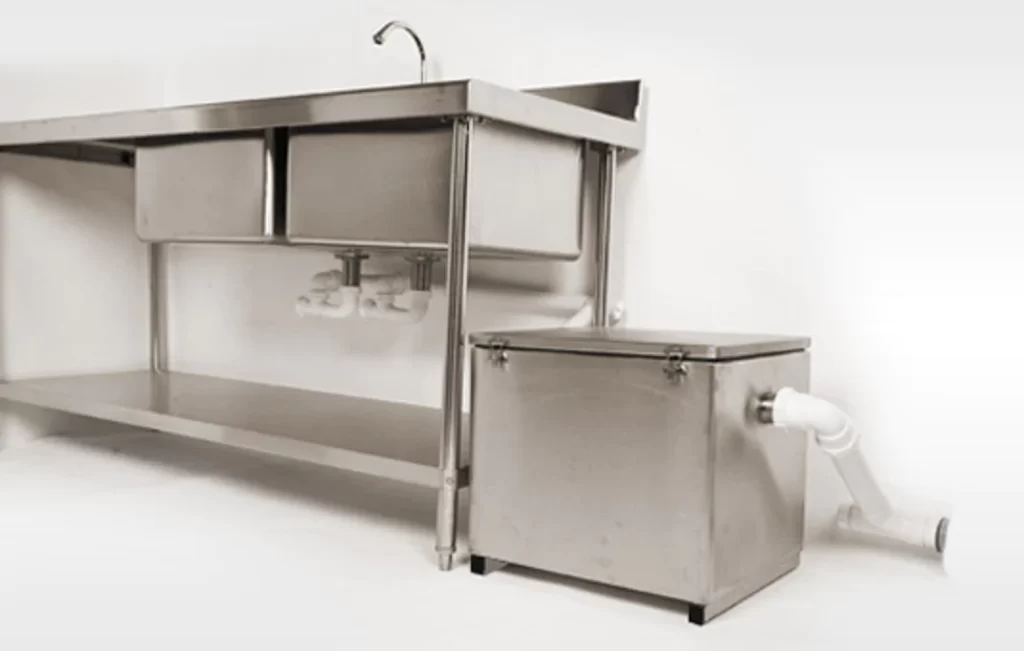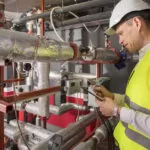As a responsible building owner in the heart of Texas, it’s crucial to pay close attention to the various aspects that contribute to the smooth and efficient operation of your property. One often overlooked but essential component is the grease trap. While it might not be the most glamorous aspect of building maintenance, understanding its importance and ensuring proper upkeep can save you from potential issues and maintain a healthy environment within your establishment.
Table of Contents
The Role of Grease Traps
Grease traps, also known as grease interceptors, play a vital role in preventing grease and other solid materials from entering the municipal sewer system. These traps are particularly crucial in commercial kitchens and food establishments where the production of grease is significant. The primary function of a grease trap is to capture and separate fats, oils, and grease (FOG) from the wastewater produced during cooking and cleaning processes.
Without a functioning grease trap, FOG can accumulate in the plumbing system over time, leading to severe blockages and backups. The consequences can be disruptive, causing downtime for your business, costly repairs, and potential violations of environmental regulations. By investing time and resources in maintaining your grease trap, you are proactively safeguarding your building from such complications.

The Legal Perspective
In Texas, as in many other states, there are strict regulations in place regarding the disposal of FOG from commercial establishments. Building owners are required to install and maintain grease traps to ensure compliance with environmental guidelines and to prevent the contamination of local water systems. Failure to adhere to these regulations can result in fines, penalties, and even the closure of your business.
Regular Maintenance
Proactive and regular maintenance of your grease trap is essential to ensure it functions optimally. Begin by scheduling routine inspections to assess the accumulation of grease and solids within the trap. A professional service technician can pump out the contents of the grease trap and inspect the system for any signs of damage or malfunction. Implementing a consistent maintenance schedule not only helps prevent issues but also extends the lifespan of your grease trap, saving you money in the long run.
Choosing the Right Grease Trap
When it comes to grease traps, one size does not fit all. The type and size of grease trap you need depend on the volume of wastewater your establishment generates and the local regulations in your area. Consulting with a professional who specializes in grease trap installation can help you determine the most suitable option for your specific needs. It’s essential to choose a grease trap that meets the requirements of your local authorities and can effectively handle the amount of grease produced in your facility.
Educating Staff
While the responsibility of maintaining the grease trap ultimately falls on the building owner, educating your staff on best practices can significantly contribute to the overall success of your grease management efforts. Train your kitchen staff to scrape excess grease and food solids into designated bins before washing dishes or utensils. Implementing simple yet effective practices can reduce the load on your grease trap and enhance its efficiency.
Environmental Impact
Beyond legal compliance and operational efficiency, maintaining a properly functioning grease trap aligns with your responsibility as a building owner to protect the environment. FOG discharges into water bodies can have detrimental effects on aquatic ecosystems, leading to pollution and harm to marine life. By managing your grease trap effectively, you contribute to the overall well-being of your local environment and demonstrate a commitment to sustainable and responsible business practices.
Conclusion
As a building owner in Texas, understanding the importance of grease traps and taking proactive measures for their maintenance is crucial for the overall success of your establishment. From legal compliance to environmental responsibility, the benefits of a well-maintained grease trap extend beyond the confines of your property. By investing in the proper installation, regular maintenance, and staff education, you not only protect your business from potential disruptions but also contribute to the health and sustainability of your community. Remember, a small effort in grease trap maintenance today can save you from significant challenges in the future.




